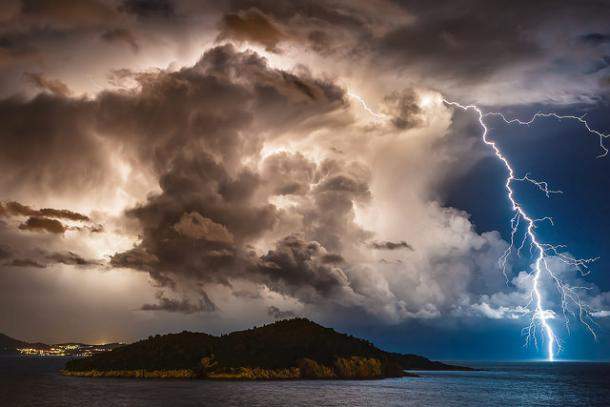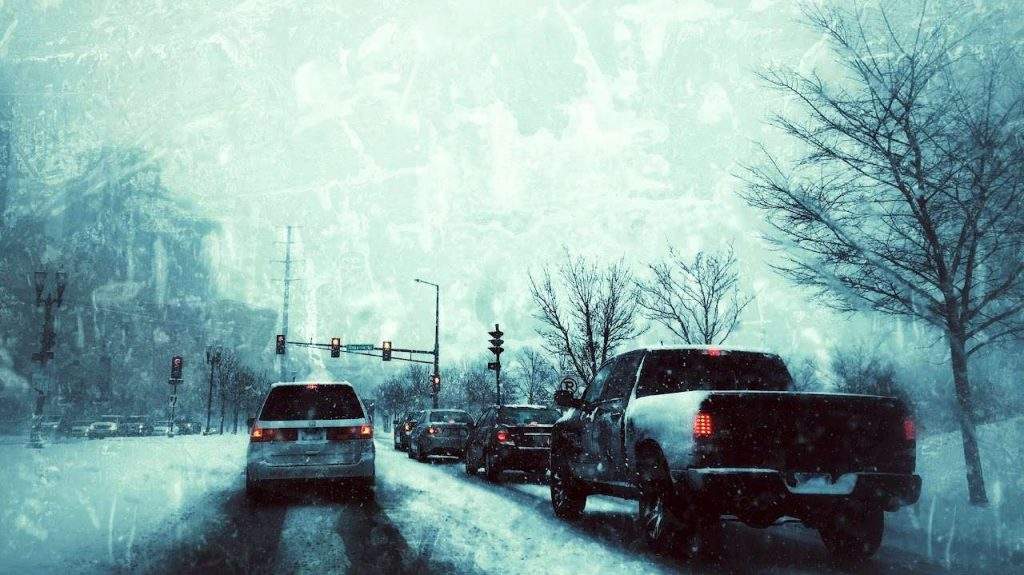Amazon on Fire: The Devastating Impact of Three Brazilian Cities on the Planet’s Climate
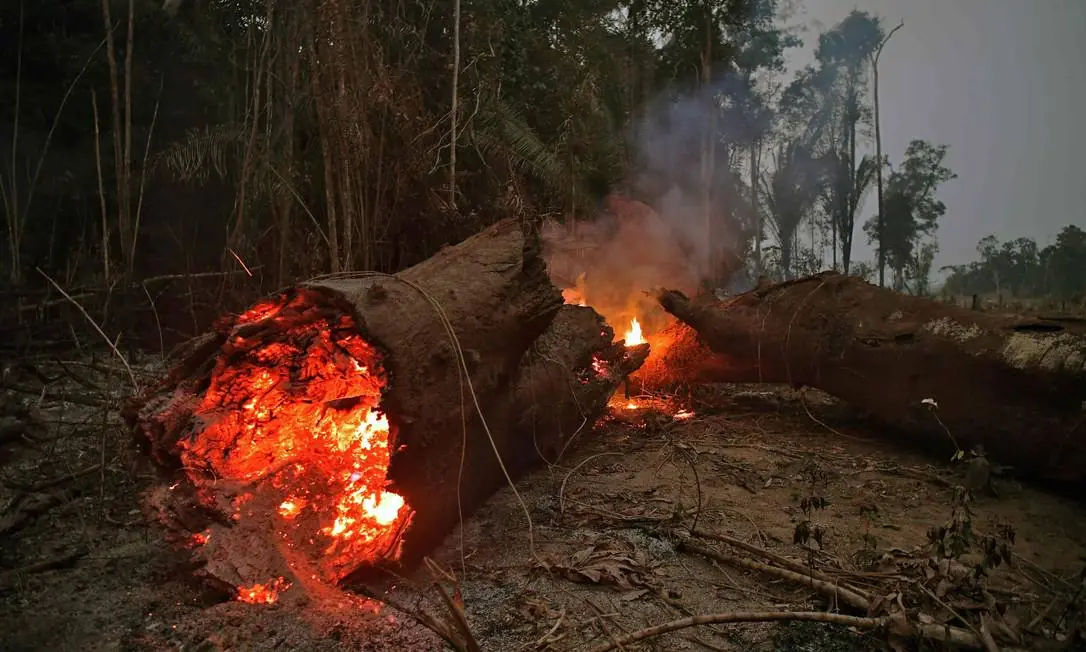
Tree burning in the city of Altamira, State of Pará, Brazil – winter 2024.
Doomsday Cities
Amid the growing climate crisis in Brazil, three neighboring cities in the State of Pará — Altamira, São Félix do Xingu, and Novo Progresso — are suffering from a problem that seems never-ending: wildfires. Together, these regions are consuming the Amazon at an alarming rate. Their combined areas (281,000 km², larger than the United Kingdom) have recorded frightening numbers of arson fires, turning the sky of the Amazon into a stage of destruction.
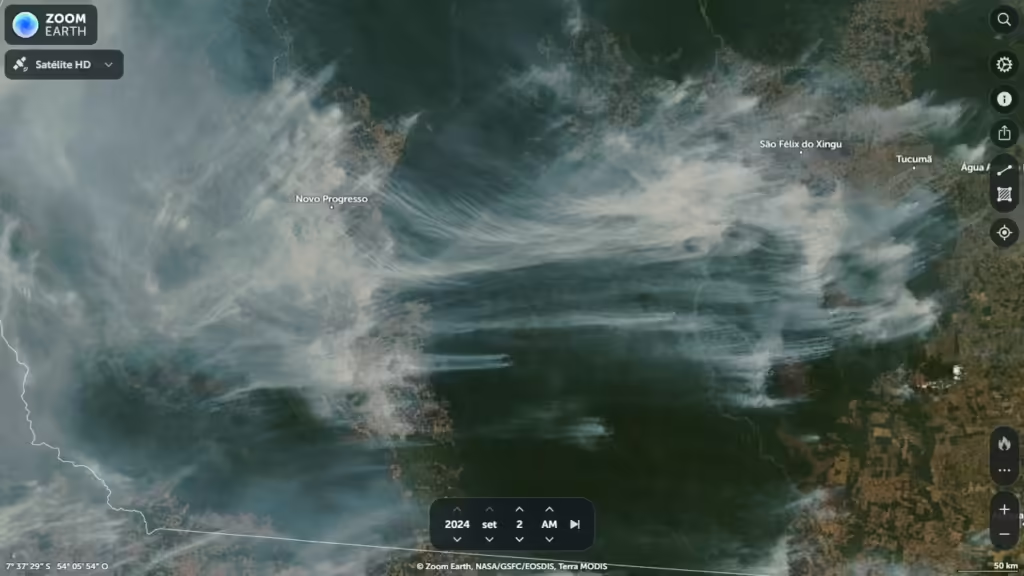
Unprecedented Devastation
Altamira, covering 159,000 km², had over 8,000 fire outbreaks in 2024, while São Félix do Xingu, with 84,000 km², recorded more than 7,000, and Novo Progresso, with 38,000 km², had around 5,000 outbreaks during the same period, responsible for over 33% of the wildfires in Brazil, which totaled about 60,000 fire outbreaks. These three cities are the protagonists of unprecedented devastation and deserve much more attention from the authorities. We should be hearing about these three cities every day in the news.
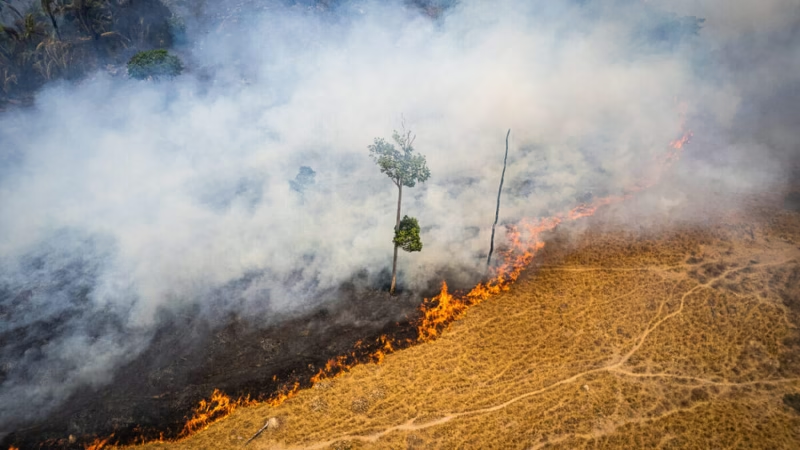
The wildfires not only consume the rainforest but also destroy wildlife. Thousands of animals, many of them unique species of the Amazon, lose their lives or have their habitats destroyed. Tapirs, jaguars, monkeys, and sloths are among the victims of the flames. Many of these animals die burned, while others suffer from smoke asphyxiation or lose their food sources. This creates a cascading effect, as habitat destruction impacts biodiversity and the ecological balance of the entire region.
Gray and Red Skies
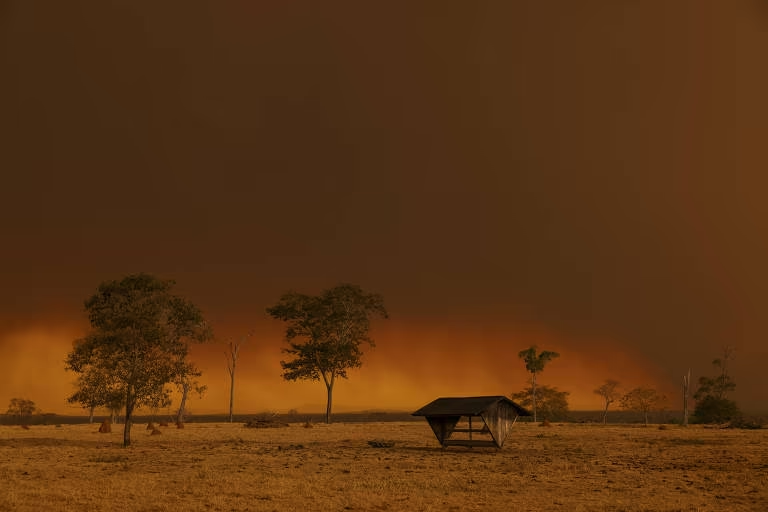
Moreover, the impact on human life is felt daily. The sky, once blue and clear, is now constantly covered by a gray cloud of smoke. Sunsets? What was once a scene of natural beauty now appears tinged with red, a constant reminder of the destruction happening around us. Breathing? For many residents, this has become a real challenge. Schools have been affected, with classes interrupted due to poor air quality, and access to hospitals has increased due to respiratory issues. The smoke from the wildfires has worsened the health of thousands of people, especially the most vulnerable, who already suffer from serious respiratory problems.
Not on its own
It is important to highlight that the overwhelming majority of these wildfires do not happen “on their own.” While there are extremely rare cases of spontaneous fires caused by factors such as extreme heat and drought, the truth is that the vast majority of fires in the Amazon are criminal. They are deliberate actions to “clear” land for agribusiness, land grabbing, and mining, driven by a lack of oversight and the desire for quick profits. The idea that “the brush catches fire on its own” is a misguided belief that ignores the reality of illegal deforestation occurring. Drought may exacerbate the situation, but the wildfires are man-made.
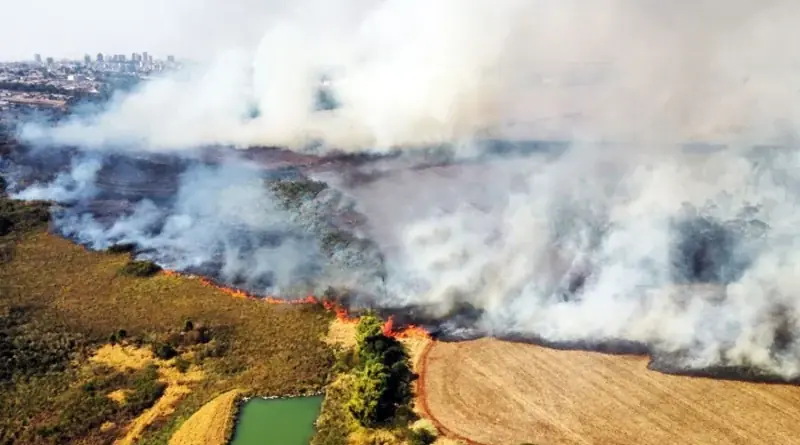
The Amazon is essential for the planet’s climate balance. If we continue to ignore what is happening in Altamira, São Félix do Xingu, and Novo Progresso, the impact will only worsen, not just in Brazil, as the Amazon plays a vital role in regulating the Earth’s climate.

